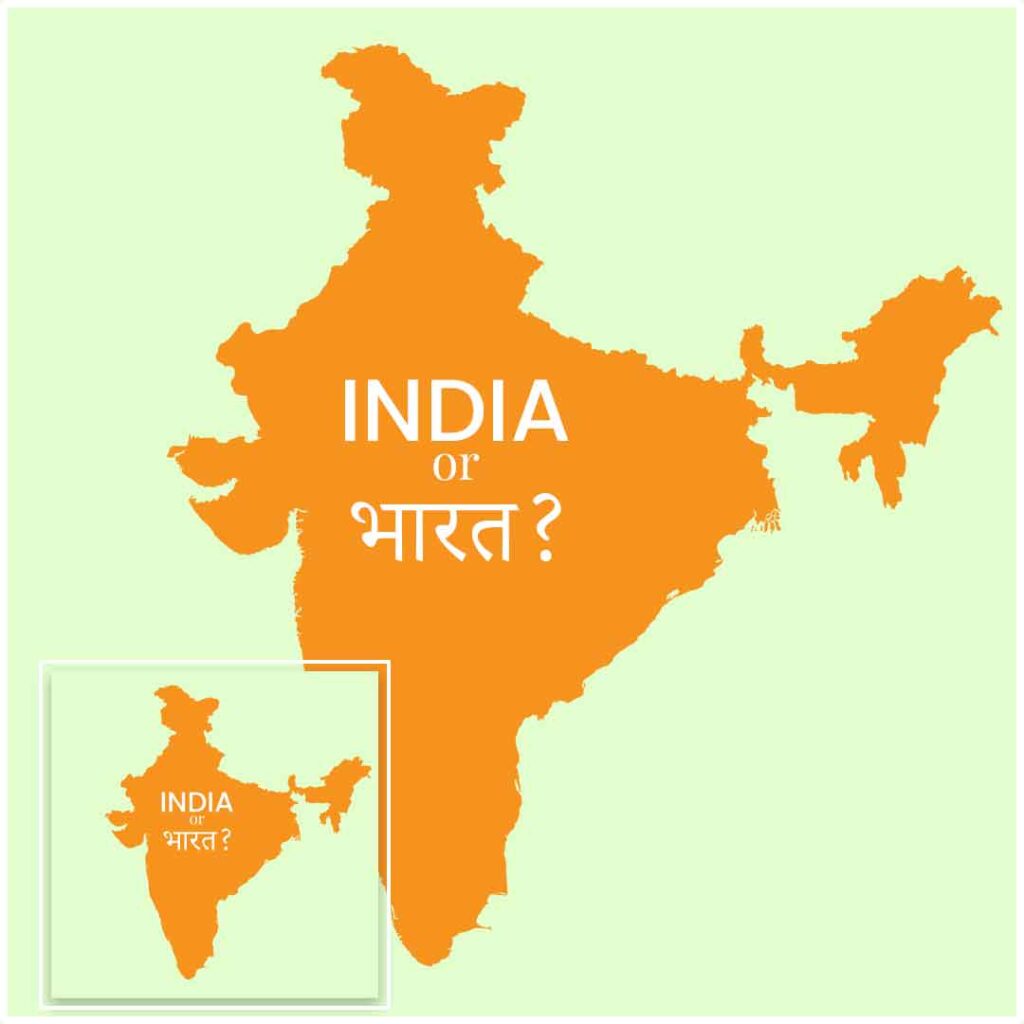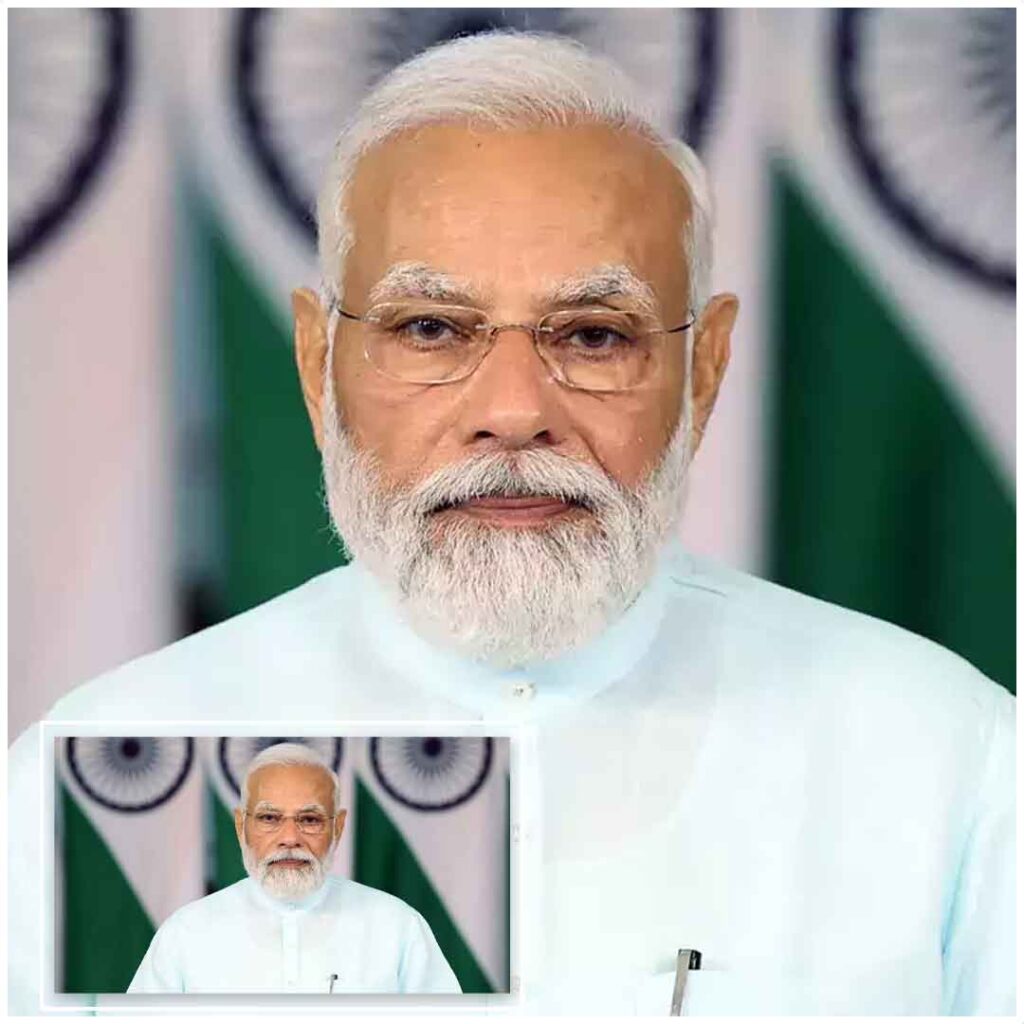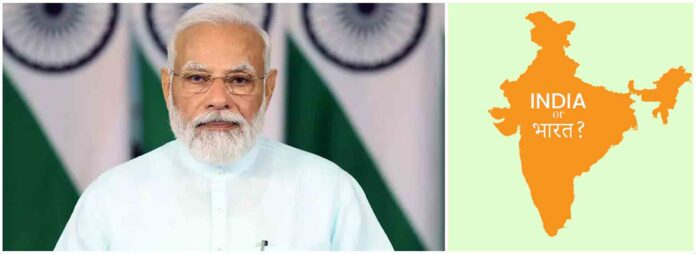India, the world’s largest democracy and second most populous country, may soon have a new official name: Bharat. This proposal has been in the news recently, as the government is reportedly considering to introduce a constitutional amendment bill to rename India as Bharat during the special session of Parliament, scheduled from September 18-22.
But why does India need a name change? What is the history and significance of the name Bharat? And what are the implications and challenges of this proposal? Let’s find out.
The origin and meaning of Bharat
The name Bharat has ancient roots and has been used in Indian scriptures and texts for centuries to refer to the Indian subcontinent. It was associated with the legendary emperor Bharata, who is mentioned in Hindu epics like the Mahabharata and the Ramayana. According to some legends, Bharata was the son of King Dushyanta and Shakuntala, and he conquered and united the whole subcontinent under his rule. According to some others, Bharata was the son of Rishabha, the first Jain Tirthankara, and he established a righteous kingdom based on Jain principles.

The name Bharat also has a deeper meaning, derived from the Sanskrit word ‘Bha’, which means light or knowledge, and ‘Rata’, which means devoted or attached. Thus, Bharat means ‘the land of those who are devoted to light or knowledge’. This reflects India’s rich and diverse cultural and spiritual heritage, which has been a source of inspiration for many civilizations.
The transition from Bharat to India
During British colonial rule (approximately 1757-1947), the British referred to the Indian subcontinent as India. This term was derived from the river Indus, which marked the western boundary of British India. The British colonial administration used India as the official name for their territory, which included present-day India, Pakistan, Bangladesh, Myanmar, and parts of Afghanistan.
When India gained independence from British rule in 1947, it faced the question of what name to adopt as the official name for the newly formed nation. The framers of the Indian Constitution deliberated on this matter. Given India’s linguistic and cultural diversity, it was decided to use both Bharat and India in the Constitution. Article 1 of the Indian Constitution states, “India, that is Bharat, shall be a Union of States.” This compromise acknowledged the historical and cultural significance of both names.

Over the years, India became the more commonly used name, especially in international contexts where it was more easily recognized. Bharat continued to be used in Hindi and other Indian languages. Hindi and English were designated as the official languages of India, with Hindi being the official language of the Indian government. This further contributed to the continued use of Bharat alongside India.
Bharat remains an important part of India’s cultural and linguistic identity. It is used in literature, poetry, and various cultural expressions to evoke a sense of heritage and tradition.
The arguments for and against renaming India as Bharat
The proposal to rename India as Bharat has been raised by various groups and individuals over time, with different motives and perspectives. Some of the arguments for and against this proposal are:
For:
• Renaming India as Bharat would assert India’s sovereignty and identity as an independent nation, free from colonial influence and legacy.
• Renaming India as Bharat would reflect India’s ancient history and culture, which are often ignored or distorted by Western narratives.
• Renaming India as Bharat would unify India’s diverse population under a common name that resonates with their sentiments and aspirations.
• Renaming India as Bharat would honour India’s constitutional mandate, which already recognizes both names as valid.
Against:
• Renaming India as Bharat would create confusion and inconvenience in international relations and communications, as India is already well-established and recognized as a global brand.
• Renaming India as Bharat would undermine India’s regional diversity and identity, as Bharat is primarily associated with Hinduism and Hindi language, which may not represent all sections of society.
• Renaming India as Bharat would be a wasteful and unnecessary exercise, as it would entail huge costs and efforts to change various official documents, records, symbols, etc.
• Renaming India as Bharat would be a divisive and controversial move, as it may not have consensus or support from all political parties, states, communities, etc.






















